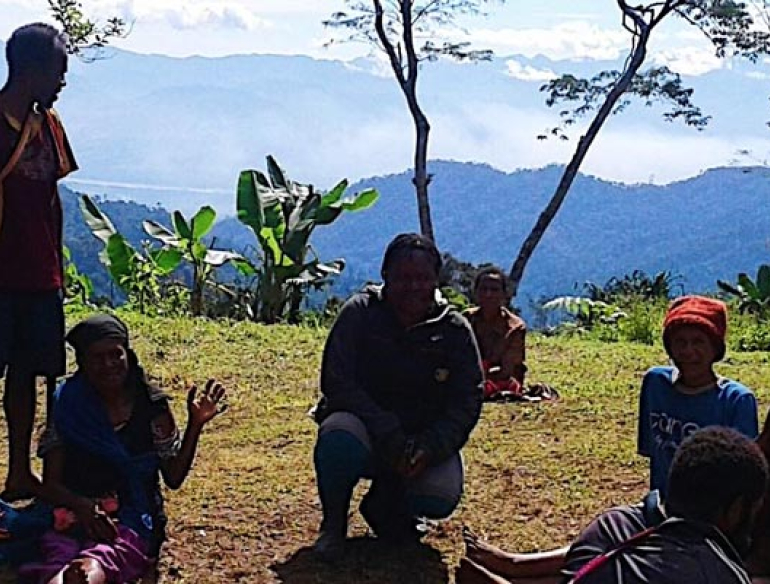Adolescent pregnancy is a major public health concern in Papua New Guinea (PNG) and the Asia-Pacific region. Adverse health and socio-economic outcomes are severe, including increased risk of maternal mortality and morbidity, poor perinatal outcomes, school drop-out and limited livelihood opportunities, which perpetuate gender inequality and poverty. Despite the priority given to adolescent pregnancy in national and global health strategies, there is a dearth of information in PNG and other Asia-Pacific countries about young people’s perceptions and experiences of pregnancy and the social and cultural contexts of adolescent pregnancy, hindering the development of effective policies and health programs.
Starting from what young people know and do, we are:
- documenting strategies young people adopt to prevent pregnancy, and manage the harmful health and social outcomes associated with pregnancy;
- seeking a holistic understanding by paying attention to the deliberate actions young women and young men make to become pregnant, and enjoy the pleasures and other socio-cultural benefits associated with parenthood;
- moving beyond individual experiences to understand relational, contextual and institutional influences that drive sexual, reproductive and maternal health inequities;
- using qualitative, participatory research methods to access rich, emic understanding of young people’s lived experiences of pregnancy.
Using a qualitative research design incorporating in-depth interviews, photovoice and research translation workshops, and working in partnership with married and unmarried young Papua New Guineans aged 15–24 years, this 4–5 year project will examine young people's experiences of, and responses to, pregnancy in order to develop youth-centred health promotion strategies to prevent and mitigate the impact of adolescent pregnancy and associated adverse health and social outcomes. This is the first study in PNG designed specifically to develop informed responses to adolescent pregnancy, responding to knowledge and practice gaps in national policy.
We expect that study findings will lead to the design, development and implementation of effective policy and programs in PNG and other LMICs, particularly in the Asia-Pacific. Key study outcomes will include: new sexual, reproductive and maternal health knowledge about affected sexually active young people; development of national standards for youth-friendly health services, as prioritised in national youth policies; strengthening of existing youth sexual, reproductive and maternal health services and community programs; identification of new youth-led responses to facilitate the involvement of young people marginalised from existing sexual, reproductive and maternal health responses.
Our study draws on expert knowledge from young Papua New Guineans about their sexual, reproductive and maternal health strategies. We hope that our youth-centred research approach will enhance understanding of how to strengthen existing health services and community programmes, and identify new youth-led responses to reduce their sexual, reproductive and health risks. Beyond PNG, we believe our approach is relevant to diverse international settings where health inequities continue to enhance the systematic vulnerability of young people to pregnancy.
- Papua New Guinea Institute of Medical Research (PNG IMR)
- Susu Mamas
- University of PNG
- University of Sydney
- Burnet Institute
- Marie Stopes PNG
- Port Moresby General Hospital
- National Health and Medical Research Council (NHMRC)

